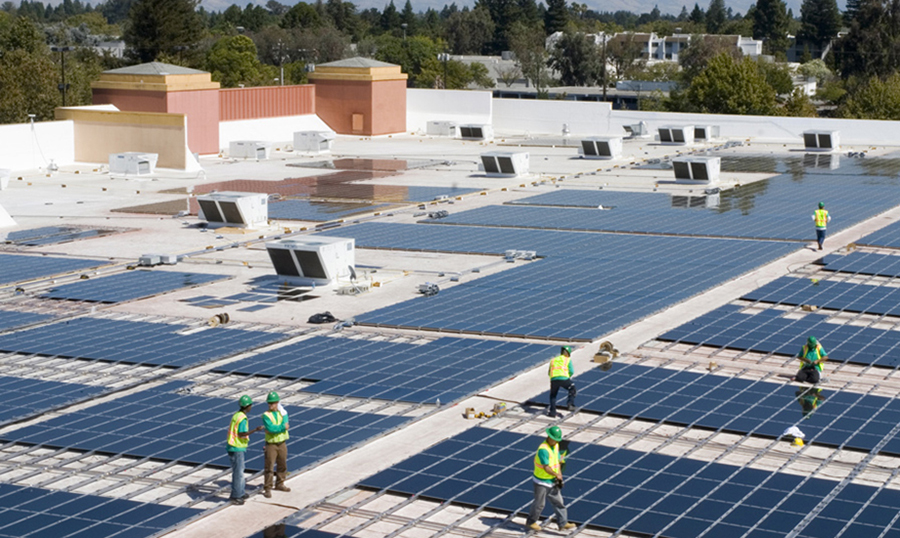Though solar panels produce free electricity for your business farm or home to use you still might be seeing some charges from your utility like demand charges.
Commercial solar panel demand charges.
As such solar may not help reduce your maximum hourly demand.
Commercial and industrial organizations can save on their energy costs by adopting solar and taking control of their own generation.
A solar photovoltaic pv system can reduce demand charges if the solar generation occurs at the same time as the host.
The solar system costs 1 per watt this price is only likely for jinko panels and not lg or sunpower.
Additionally net metering becomes less of a benefit on a demand charge rate because the energy from your solar panels that is placed back onto the grid would be compensated at a lower rate.
Channel lumber installed a solar array and nantenergy 120 kw 162 kwh smartstorage energy storage system and was able to reduce its demand charges by 20 enough to shift it down from the industrial tariff to a much lower commercial rate.
This analysis estimates demand charge savings from commercial solar across a range of customer types us locations pv system characteristics and demand charge designs this analysis is not intended to advocate for or against demand charges but rather.
Avoid peak demand charges with powerpack powerpack systems can be charged when energy prices are low and discharged during peak demand when utility rates are high.
Trying to second guess the triad dates may adversely affect operations.
How to reduce commercial electricity demand charges businesses can choose one or many of a multi pronged approach to reduce demand charges.
Figure 1 shows the impact of pv on demand charges is shown for a simulated hotel and school.
An example of a different commercial customer s monthly energy consumption orange and bills blue based on sample green button data imported into aurora solar s solar design and sales software.
This blog will give you an idea of what demand charges are how they re calculated and what it means for your solar savings.
It produces an average of 4 kilowatt hours of electricity per day per kilowatt of solar panel capacity this is not unusual but the exact amount will depend on the location in australia and the orientation of the panels.
The portion of the bill comprised of demand charges is shown in light blue.










